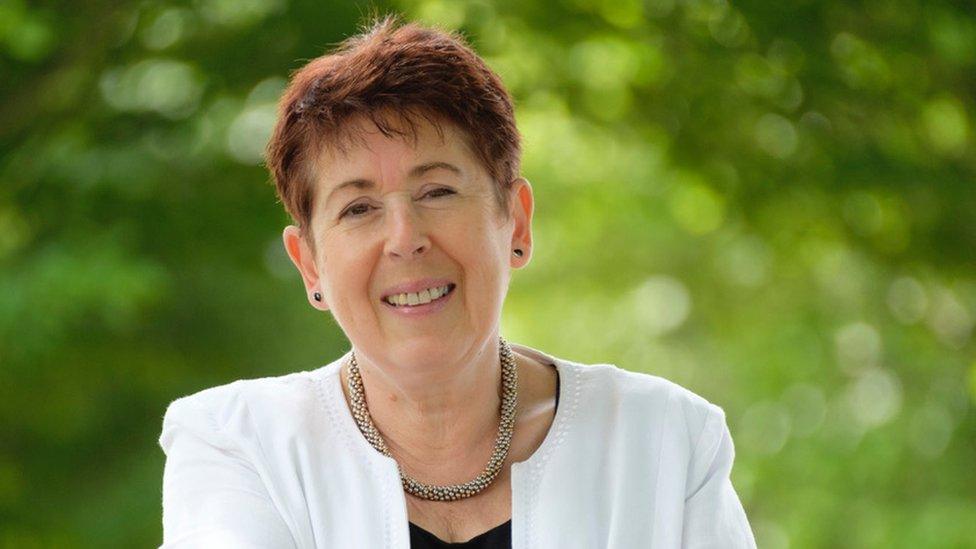Concern over Scottish technology skills shortage
- Published
- comments

Scots technology firms said they were optimistic about opportunities in 2019
A skills shortage in Scotland's technology industry needs to be tackled now to stop companies going elsewhere for top talent, it has been claimed.
Polly Purvis, boss of industry body ScotlandIS, said more people needed to be recruited from universities and colleges, and encouraged to re-train.
Her comments came as the body said Scots tech firms were "optimistic" about the year ahead.
Scotland has an estimated 9,400 technology companies.
They work in areas like remote cloud computing, making apps for a wide range of services and gaming.
The ScotlandIS outlook for the year ahead, external said firms needed more people with skills in sales, marketing, and software and web development.
Ms Purvis said many tech companies were looking to increase sales and take on staff this year, adding: "I think the optimism is palpable."
But she told BBC Radio's Good Morning Scotland programme: "Recruitment has been a challenge for our sector for a very long time and we see that continuing.
"We need about 12,500 people every year and we produce about 5,000 from the usual sources, such as college and university and apprenticeships."

Scotland IS chief executive Polly Purvis said there was growing demand for expertise in new technology services
Ms Purvis added: "We have to look at how we re-train people who are currently in other jobs to come into our industry in bigger numbers, and we're doing a bit of that with projects such as (digital skills academy) CodeClan.
"We need to increase the number of people coming through our colleges, apprenticeship schemes and through universities, and we need to do that now.
"There are two dangers - we will inhibit the growth, particularly of locally-based technology companies, which has been one of the successes in Scotland.
"I think the other one is, yes, inevitably people will go elsewhere for that talent."
Ms Purvis said Scots technology firms were looking to tap into growing demand in growing areas like cyber security, data analysis and the "internet of things", which involves putting computers into everyday objects and will help drive technology like driverless vehicles.

For the latest business news as it happens, follow BBC presenter Andrew Black's updates each weekday morning on BBC Radio Scotland's Good Morning Scotland programme between 0600 and 0900.